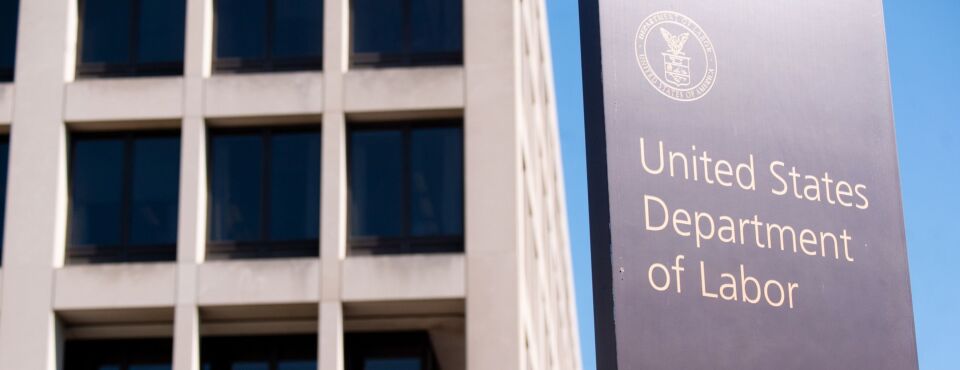The Journey from Paper Routes to Empathy in Business
It’s 5 a.m. on a dark fall morning in Sioux Falls, South Dakota. With temperatures hovering just below freezing, I set out on my paper route. Each morning, rain or shine, I deliver the Argus Leader, the same paper I later sold subscriptions for in the evenings. As a kid, my goals were simple: earn money to buy things I could call my own and, if I sold enough subscriptions, win prizes like a Walkman or tickets to see Cyndi Lauper. Looking back, this paper route was my first sales job, a stepping stone that shaped my future.
There’s Always Another Door
Even as a young teen, I learned to read the subtle differences in the people behind each door. I adjusted my pitch to suit their unique personalities, coming to understand their needs while learning to accept rejection with grace. Each “no” was a humbling experience, but it built the resilience to push forward and knock on the next door. The previous door didn’t matter; what mattered was the next opportunity.
At 14, I transitioned into the service industry, starting at Prime Time Burgers and later working at TGI Fridays and Applebee’s. Moving into management, I absorbed invaluable lessons in accountability and customer service that became the foundation of my work ethic. One piece of advice from my Prime Time Burgers boss stuck with me: “If you give yourself five extra minutes, you’ll always be on time.” This small habit, learned early, has shaped my long-term success.
Sit on All Sides of the Table
Working in food service taught me that, at its core, it’s a sales job. Like my paper route, it required understanding each customer’s story and developing an intuition for their needs. Instead of asking, “Would you like an appetizer?” I learned to say, “Can I get you started with some warm mozzarella sticks? My last table just had some and said they were amazing.” A story is always more compelling than a generic question.
As the daughter of Polish immigrants, I witnessed the fortitude required to forge a path in this country. My parents struggled to find work because their qualifications weren’t recognized. My mother, a former teacher, took a job in manufacturing to make ends meet. Their determination, combined with my early work experiences, gave me a unique perspective on the challenges faced by those in the gig economy. When I moved into tech—working at Airbnb, Uber Eats, and now TaskRabbit—I understood firsthand the challenges faced by hosts, drivers, food delivery workers, and Taskers.
Empathy is a Superpower
Drawing upon past experiences alone provides only a limited view of the gig economy’s ever-evolving challenges. In every corporate role, I signed up for jobs on the supplier side to understand their experiences on the frontlines. How does it feel to be delayed because there’s no parking? What if a client forgets to provide an entry code or a job runs overtime, throwing off the whole day’s schedule? Working in these roles, I saw how long deliveries actually take, how complex a single task can be, and how frustrating it could be to wait weeks for payment. Time and again, these experiences reinforced the essential role of empathy in business.
Many leaders focus on customers, but compassion for employees and partners is just as vital. Being on the frontlines builds an instinct for the challenges faced in the field, helping identify patterns and make informed decisions. At the C-suite level, business decisions are human decisions. Understanding the workforce—through their daily realities—is a leader’s greatest strength.
Conclusion
Reflecting on my journey from a paper route to the tech industry, I realize that the lessons learned along the way have been invaluable. Each experience, each rejection, and each interaction has shaped my understanding of sales, service, and leadership. Empathy is not just a soft skill; it is a superpower that can transform businesses and foster a culture of understanding and resilience. As we navigate the complexities of the gig economy and beyond, let us remember that every door we knock on holds the potential for connection, growth, and opportunity.



















